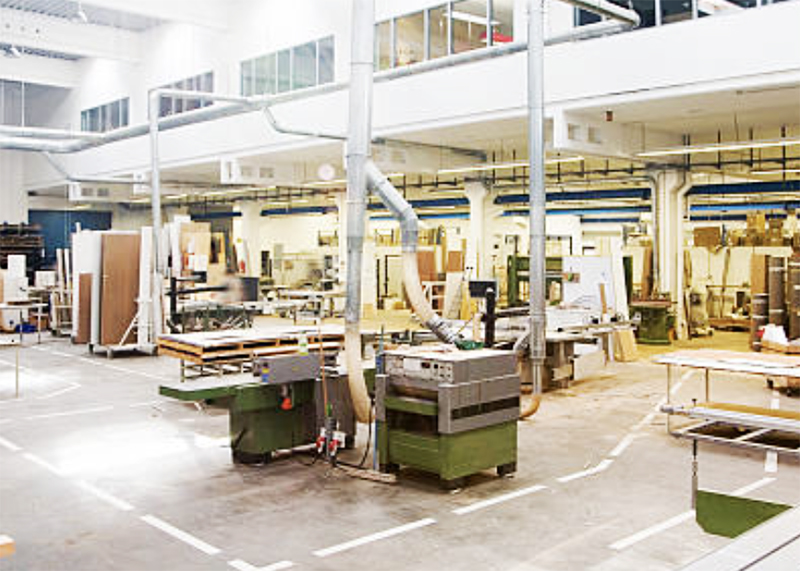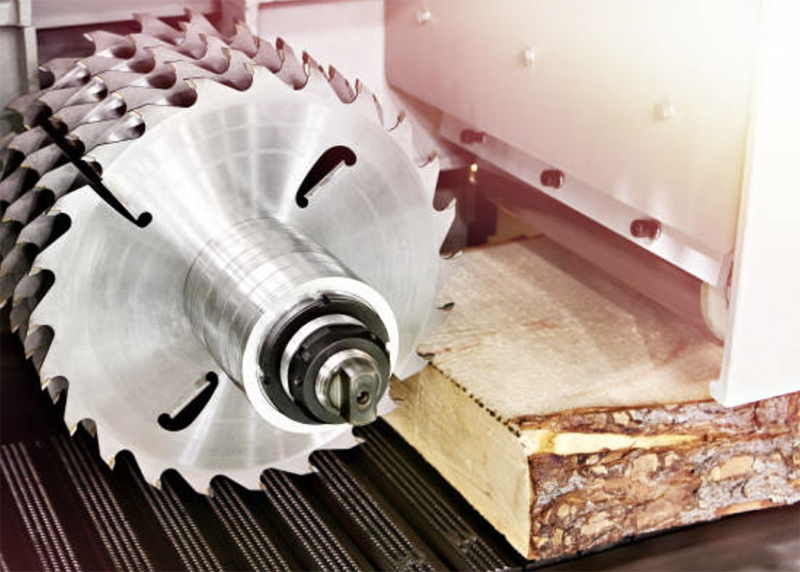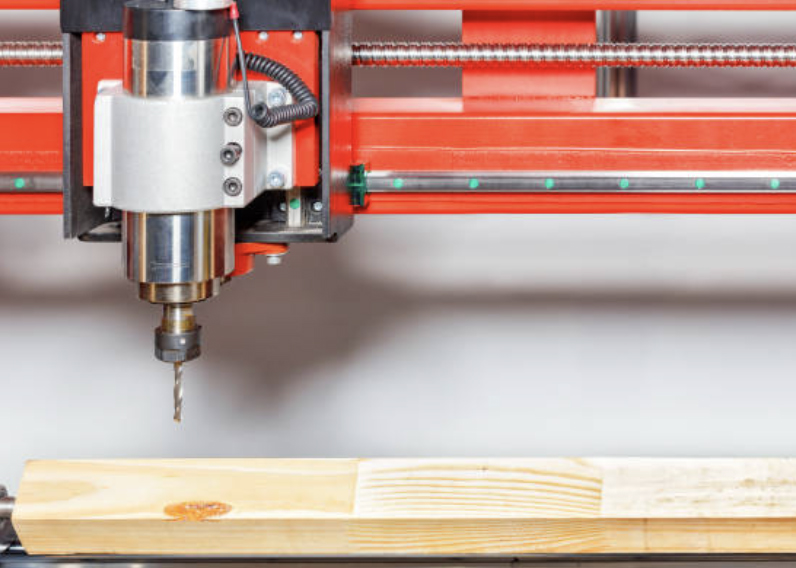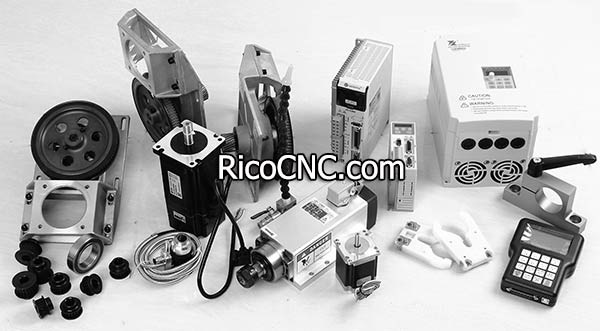
Setting up a woodworking shop requires careful consideration of the tools and machines that will make your projects efficient and enjoyable. Whether you are a hobbyist or a professional, understanding which machines are essential can help streamline your workflow and improve the quality of your work. In this article, we'll explore the most important machines for a woodworking shop, offering insights and tips on how to make the most of each tool.
Machines in a woodworking shop serve to increase productivity, precision, and safety. They help transform raw materials into beautiful finished products, making tasks that once took hours more manageable. From cutting and shaping to sanding and finishing, each machine plays a unique role. Here’s a quick overview of why these machines matter:
Efficiency: Machines can complete tasks faster than hand tools.
Precision: They provide consistent results, crucial for complex projects.
Safety: Modern machines come equipped with safety features that minimize risks.
Understanding the functions of these machines is the first step in optimizing your woodworking shop.
The table saw is often considered the cornerstone of any woodworking shop. It is versatile and can perform a variety of tasks, from ripping large sheets of plywood to making precise crosscuts.
Blade Type: The type of blade you choose can significantly impact your cuts. For example, a fine-tooth blade is ideal for smooth finishes, while a ripping blade is perfect for cutting along the grain.
Dust Collection: A good dust collection system is vital. It keeps your workspace clean and minimizes respiratory hazards.
Power: Most table saws come with different horsepower ratings. A higher rating means you can handle thicker materials.
Always Use Safety Gear: Safety glasses and hearing protection are essential.
Keep the Blade Sharp: A dull blade can lead to unsafe conditions and poor cuts.
Practice Good Techniques: Use push sticks to keep your hands away from the blade.
Investing in a quality table saw can significantly enhance your woodworking capabilities. It is essential to familiarize yourself with its operation and maintenance for long-lasting performance.

The bandsaw is another indispensable machine in the woodworking shop. It allows for curved cuts and resawing, making it ideal for creating intricate designs and thinner sheets of wood.
Curved Cuts: With its narrow blade, you can easily cut curves and circles.
Resawing: You can cut thick boards into thinner pieces, maximizing material use.
Safety: Bandsaws are generally safer than table saws for certain cuts.
Adjust the Tension: Proper tension on the blade ensures accuracy and reduces breakage.
Guide System: Utilize the guide to maintain straight cuts and improve control.
Speed Settings: Adjust the speed based on the type of material being cut.
A bandsaw enhances the creative potential of your woodworking projects, allowing for both intricate designs and efficient material use.
A drill press is essential for accurate and repeatable drilling. Unlike handheld drills, a drill press provides more control over the depth and angle of your holes.
Adjustable Speed: Different materials require different speeds, and a drill press allows for easy adjustments.
Table Adjustments: A movable table can accommodate various sizes of materials, providing stability during drilling.
Depth Stop: This feature lets you set a precise drilling depth, perfect for joinery.
Secure Your Material: Always use clamps to hold your workpiece steady.
Select the Right Bit: Choose the appropriate drill bit for your material to avoid damage.
Safety Precautions: Wear safety goggles to protect your eyes from debris.
A drill press is a vital tool for achieving precision in your woodworking projects, making it a worthy investment for any shop.
A planer is crucial for achieving smooth, even surfaces on your wood pieces. It removes material from the surface, making boards flat and uniform in thickness.
Thickness Adjustment: You can adjust the thickness of the wood, which is essential for joinery.
Smoothing: The planer effectively removes imperfections, leaving a smooth surface for finishing.
Efficiency: It saves time compared to hand planing, especially for larger boards.
Feed Rate: Control the feed rate to prevent overloading the machine.
Blade Maintenance: Keep the blades sharp for the best results.
Dust Collection: Utilize a dust collection system to keep your workspace clean.
A planer is an invaluable machine that ensures your wood surfaces are ready for the next stages of your project, enhancing the overall quality.

A router is a versatile tool that allows you to shape edges and create decorative profiles. It is essential for adding intricate details to your woodworking projects.
Fixed-Base Routers: Good for edge work and trimming.
Plunge Routers: Ideal for creating recesses and patterns.
Combo Routers: Offer both fixed and plunge capabilities.
Select the Right Bit: Choose the appropriate router bit for your desired profile.
Test Cuts: Always practice on scrap wood to ensure you achieve the desired effect.
Secure Your Workpiece: Clamp down your workpiece to prevent movement during routing.
Investing in a router allows you to elevate your woodworking projects, giving them a professional finish and unique character.
Dust collection systems are often overlooked but are crucial for maintaining a safe and tidy woodworking environment. They help manage the fine dust generated by machines, which can pose health risks.
Shop Vacs: Portable and versatile, great for smaller shops.
Cyclone Collectors: More efficient, suitable for larger setups.
Central Systems: Best for extensive workshops, offering maximum efficiency.
Healthier Workspace: Reduces respiratory issues caused by fine dust.
Cleaner Environment: Keeps your shop organized and reduces fire hazards.
Better Machine Performance: Machines run more efficiently when free of dust buildup.
A dust collection system is a vital part of your woodworking shop. Prioritizing cleanliness enhances both your safety and the longevity of your machines.
A jointer is an essential machine for flattening and squaring edges of lumber. It ensures that boards fit together snugly for joints, improving the overall quality of your work.
Table Length: A longer table provides better support for larger boards.
Cutter Head: Look for models with replaceable knives for easy maintenance.
Fence: An adjustable fence allows for angled cuts, increasing versatility.
Feed Direction: Always feed wood against the cutter rotation.
Check for Flatness: Regularly check your jointer's flatness for accurate results.
Safety First: Keep hands clear of the cutting area and use push blocks.
A jointer is key for preparing lumber for joinery and assembly, ensuring a precise fit and clean lines in your woodworking projects.
| Machine | Key Function | Main Benefit |
|---|---|---|
| Table Saw | Ripping and cross-cutting | Versatility in cutting |
| Bandsaw | Curved cuts and resawing | Ability to cut complex shapes |
| Drill Press | Precision drilling | Consistent hole depth |
| Planer | Smoothing and thickness | Enhances wood surface quality |
| Router | Shaping edges and profiles | Adds decorative features |
| Dust Collector | Air and workspace cleaning | Maintains a safe environment |
| Jointer | Flattening and squaring edges | Ensures tight joints |
What is the most important machine for a woodworking shop?
The table saw is often considered the most important machine due to its versatility in cutting.
How often should I maintain my machines?
Regular maintenance is crucial. Ideally, inspect your machines monthly and perform detailed maintenance every few months.
Can I use hand tools instead of machines?
While hand tools can be effective, machines significantly increase efficiency and precision for many tasks.
What safety gear do I need for woodworking?
Essential safety gear includes safety glasses, ear protection, and dust masks.
How do I choose the right machine for my projects?
Consider the types of projects you want to undertake and select machines that best meet those needs.
Investing in the right machines for your woodworking shop can make all the difference in your productivity and the quality of your work. Each machine plays a vital role, from cutting and shaping to smoothing and detailing. By understanding their functions and best practices, you can optimize your workshop for creativity and efficiency.
Setting up a woodworking shop is an exciting journey, and equipping it with the right machines is the first step toward bringing your visions to life. Remember, quality tools lead to quality work, and safety should always be your priority. Happy woodworking!
RicoCNC offers a comprehensive range of woodworking machine parts and accessories, including:
If any needs, welcome to contact us!

Contact: RicoCNC
Phone: 0086-13390848665
E-mail: cncsale@ricocnc.com
Whatsapp:0086-15264185266
Add: NO. 60, Weixin Road, Industrial Park, Suzhou, Jiangsu, China, 215000
We chat
